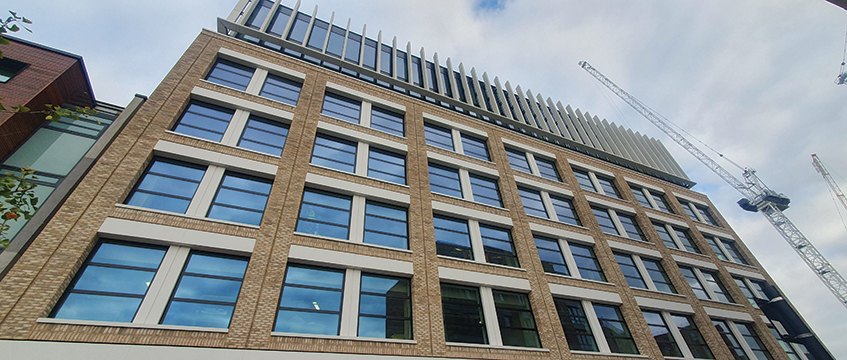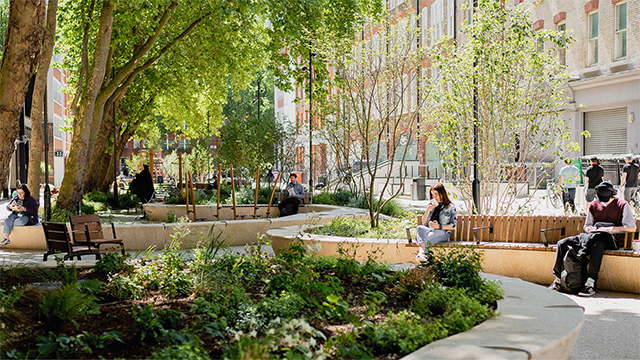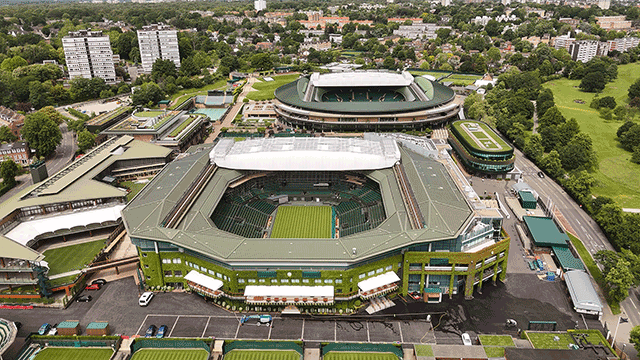When residents’ group Save Wimbledon Park (SWP) meets the All England Lawn Tennis Club (AELTC) at the High Court in July, it’s likely to be the first salvo in a legal battle that may well last years. That’s because the high profile judicial review, which at most can force the Mayor of London to rethink granting planning permission for Wimbeldon’s expansion, is going to be followed next year by a case that could put paid to any plans to build on what was once Wimbledon Park Golf Club.
AELTC, home to the iconic Wimbledon Tennis Championship, plans to build 39 new tennis courts, including an 8000-seater stadium, on land it bought from Merton council. That land used to be Wimbledon Park Golf Club. The Greater London Authority granted planning permission in November. SWP immediately took legal action and brought a judicial review. The case is scheduled to be heard right in the middle of Wimbledon fortnight.
At the heart of the dispute is SWP’s assertion that the land is subject to a so-called “statutory trust” which means that the land must be kept free for public recreation. AELTC argues that the statutory trust rules don’t apply in this case. One likely reason is that the land used to be a private golf club, not an open park.
Because it’s a legal challenge to a planning decision, the main question the judge will have to decide on is whether GLA planning officials took proper account of the statutory trust issue. The judge won’t, however, be required to take a view on whether that statutory trust actually exists. However, because of the legal uncertainty AELTC has take the step of filing a separate case at the High Court to ask for a definitive ruling. They are doing this in cooperation with SWP, and are footing the bill.
“To resolve the question of whether a statutory trust exists on the former Wimbledon Park Golf Club land, the All England Club currently considers that it is in the public and local community interest to put that question before the court for a decision,” a spokesman for the club said in a statement.
“Save Wimbledon Park Ltd has agreed to act as a representative defendant in this case, and accordingly, the All England Club has agreed to cover Save Wimbledon Park’s legal costs in order to ensure fair opportunity for both sides to put their case to the court. “Both parties agree that having this matter resolved is an important step in establishing the status of the land,” the spokesperson said.
According to Jeremy Hudson, a retired City solicitor and a director of SWP, this second case is “much more interesting and important” than this summer’s judicial review because, if the club loses “it would completely block” the AELTC’s expansion plans.
According to the High Court’s listing office, that case hasn’t been scheduled yet. It is unlikely to be heard until 2026. It’s worth noting, Hudson said, that even if the club wins next year, they may have another legal hurdle to jump.
When the AELTC bought the land from Merton Council in 2018, the land came with separate restrictive covenants blocking development. As these covenants were with the council, Merton can choose whether it wants to use them to block development or not. Normally, third parties can’t take advantage of them. Even so, disputes over restrictive covenants are a feature of specialist property court the Lands Tribunal.
“AELTC have what we call triple jeopardy,” said Hudson. “There’s the covenants, the planning case, and there’s the statutory trust.” Which means the ball will be in play with this issue for some time to come.
Image © Adobe Stock
James Lumley











